Why am I here?
Dear Friends,
Today’s postcard is a little different. It’s not about my experiences here in the West Bank, but it aims to explain: why am I here?
I’m on sabbatical from my university, The City College of New York (CUNY), this year. I’m taking two classes at Birzeit University, just outside the city of Ramallah.

I’m also studying Arabic, and doing some research. But why? That’s a longer story.
It begins in Nazi Germany in the 1930s, where my father grew up. Like other Jews there, my father was forced to wear an armband with a yellow Star of David. At the age of 8, he endured vicious beatings at school. My father and his parents were finally able to flee in 1939. Most of our family did not survive.
My father shared a passport with his mother (my Omi); it is stamped with J for Jude (Jew), with swastikas and the insignia for the Third Reich.
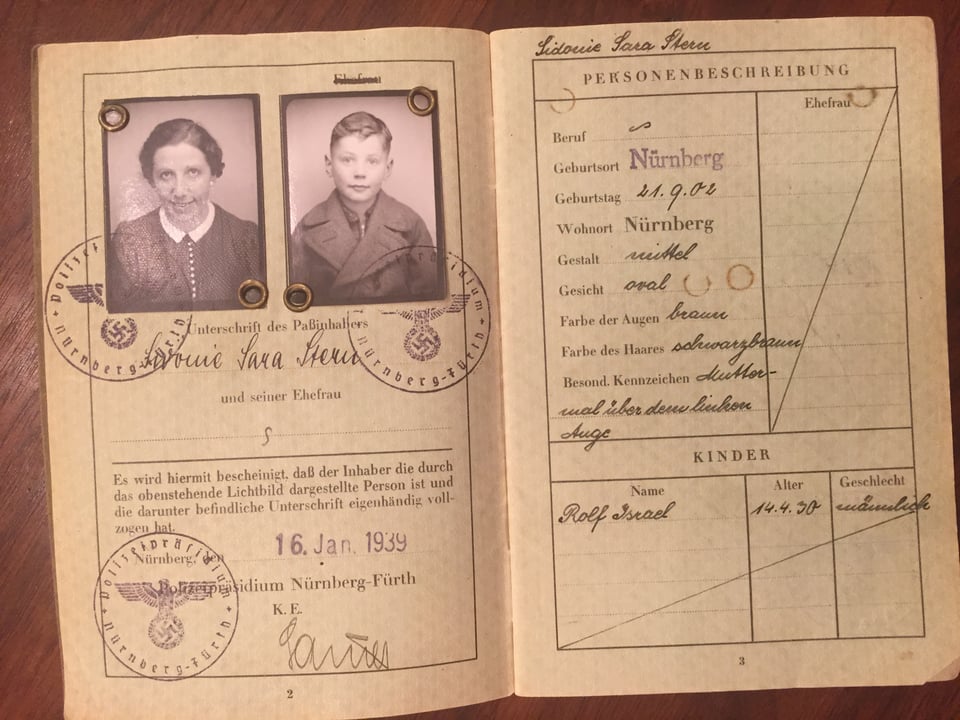
Their middle names were not Sara or Israel - all passports for Jewish women and girls showed the middle name Sara, and all Jewish boys and men were assigned the middle name Israel. My father, Omi, and Opa (my grandfather) settled in New York, where my father later met my mother, whose own grandparents had fled Russian pogroms in the 19th century.
Growing up in the US in a secular Jewish family, I was taught that the creation of the state of Israel was the answer to thousands of years of Jewish oppression. I was taught that Israel was a shining beacon of freedom and democracy. My Omi, whose parents were killed in the Holocaust, told me that Israel was essential for the protection of Jews worldwide. Israel was, I was taught, “a land without a people for a people without a land”.
About fourteen years ago, I learned that all this information was wrong. Completely wrong. For one thing, there were a lot of people here. Families of many different religions, including Muslims, Christians, and Jews, had lived peacefully together for centuries in a land that, at the time, was called Palestine. Here are some photos from the early 1900s, before the creation of the state of Israel (from the Palestine Photo Project):
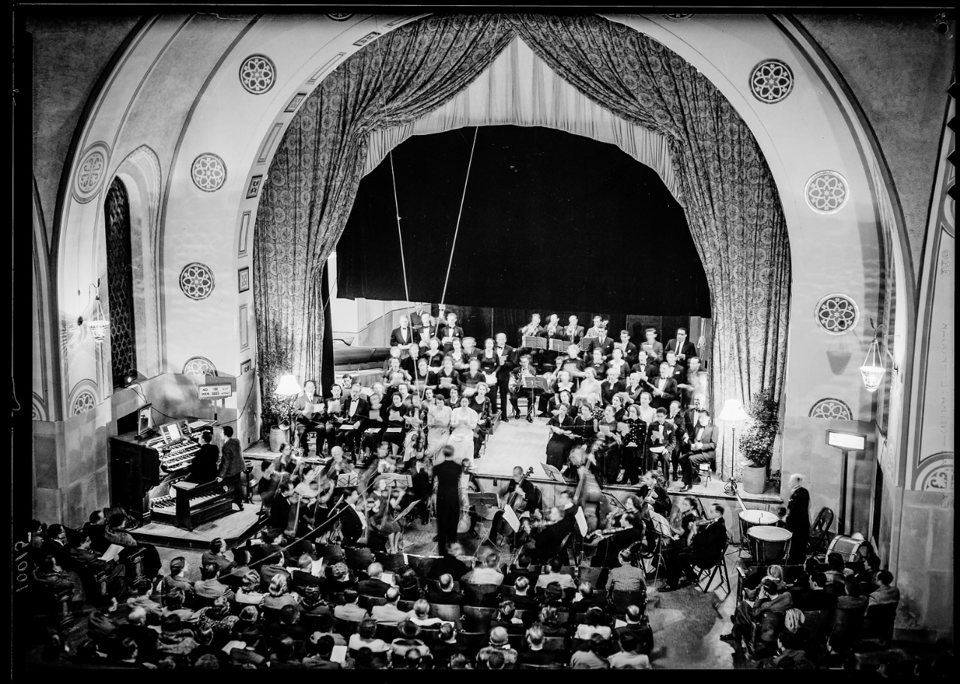
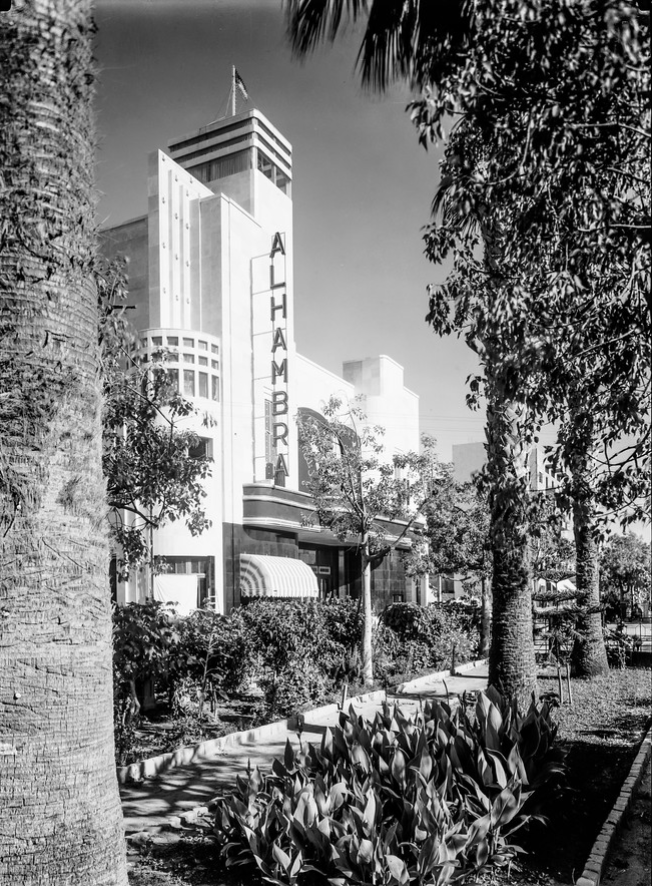
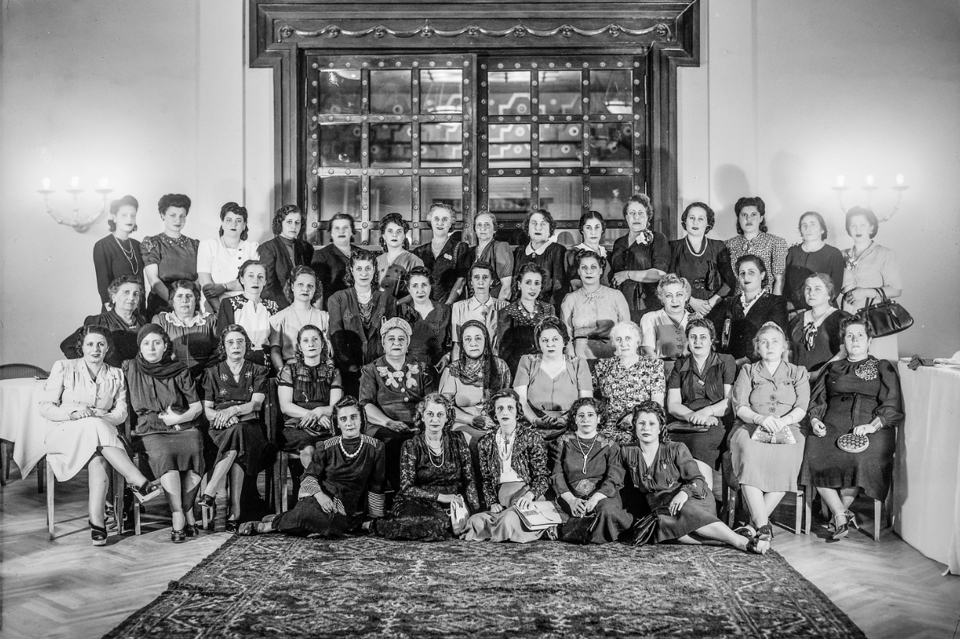
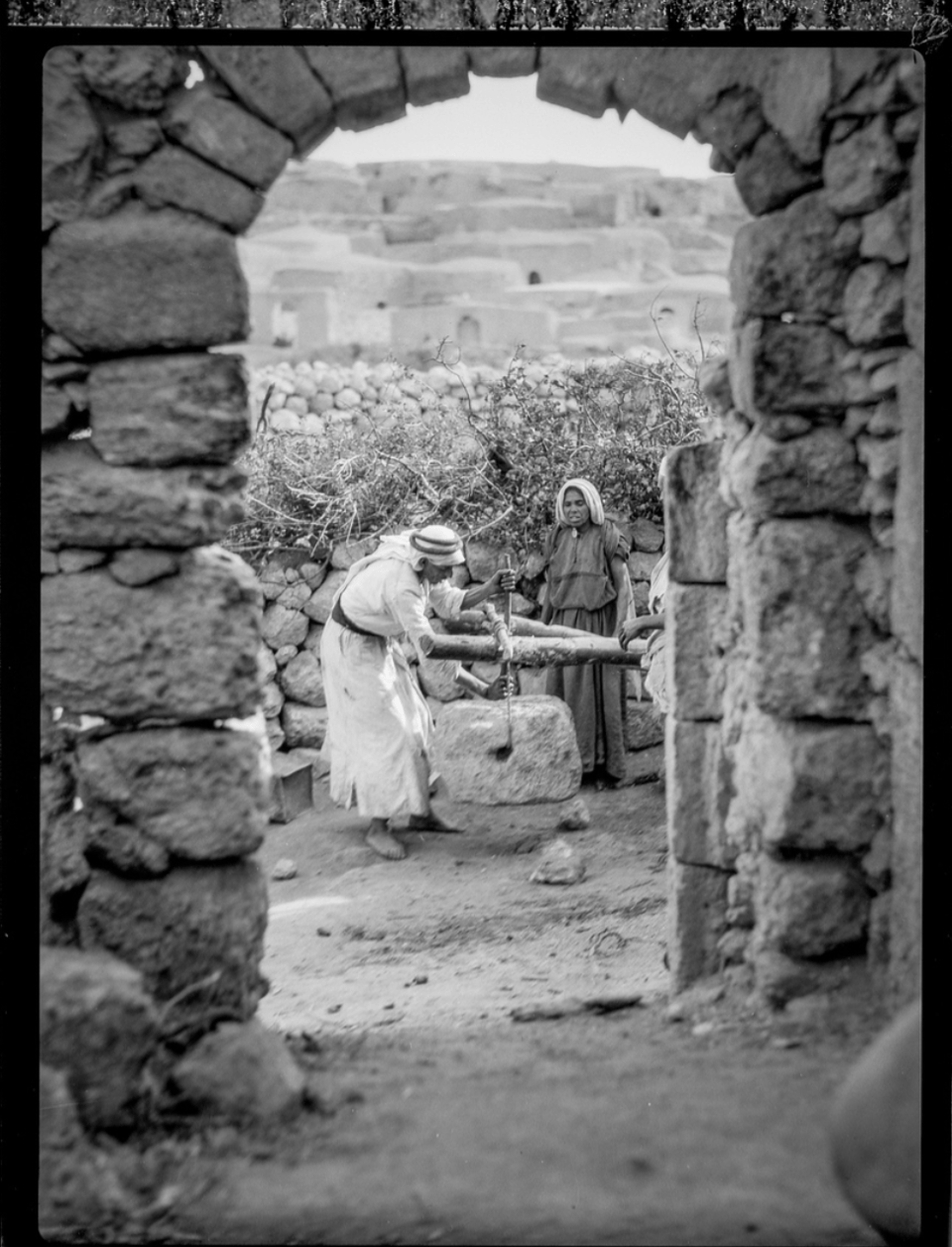
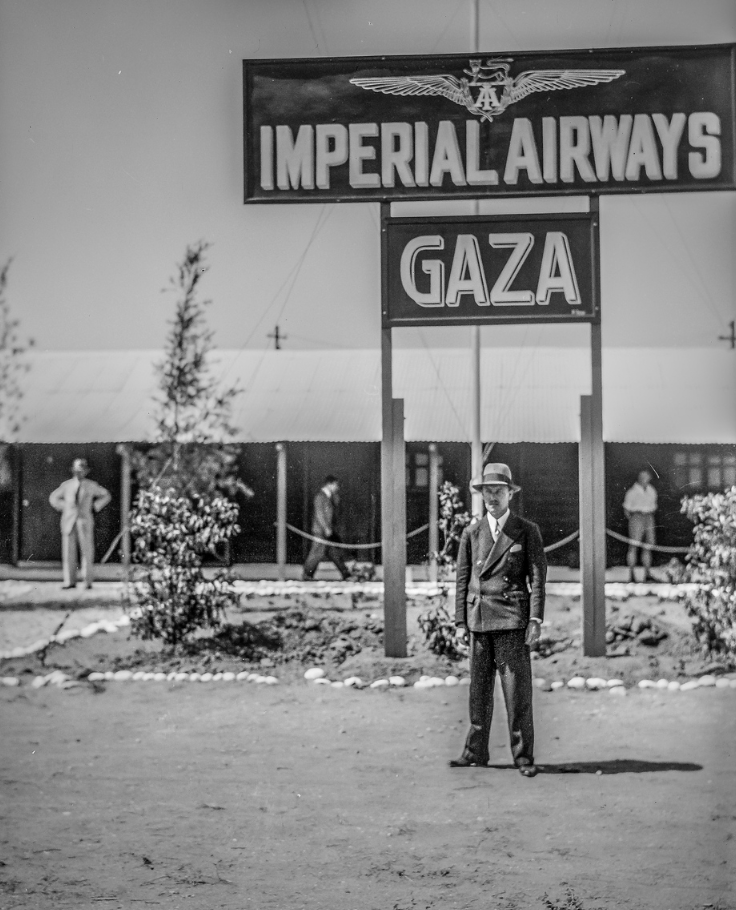
I had been taught that when larger numbers of Jews arrived, they “made the desert bloom”. Also not true! The land was already blooming.
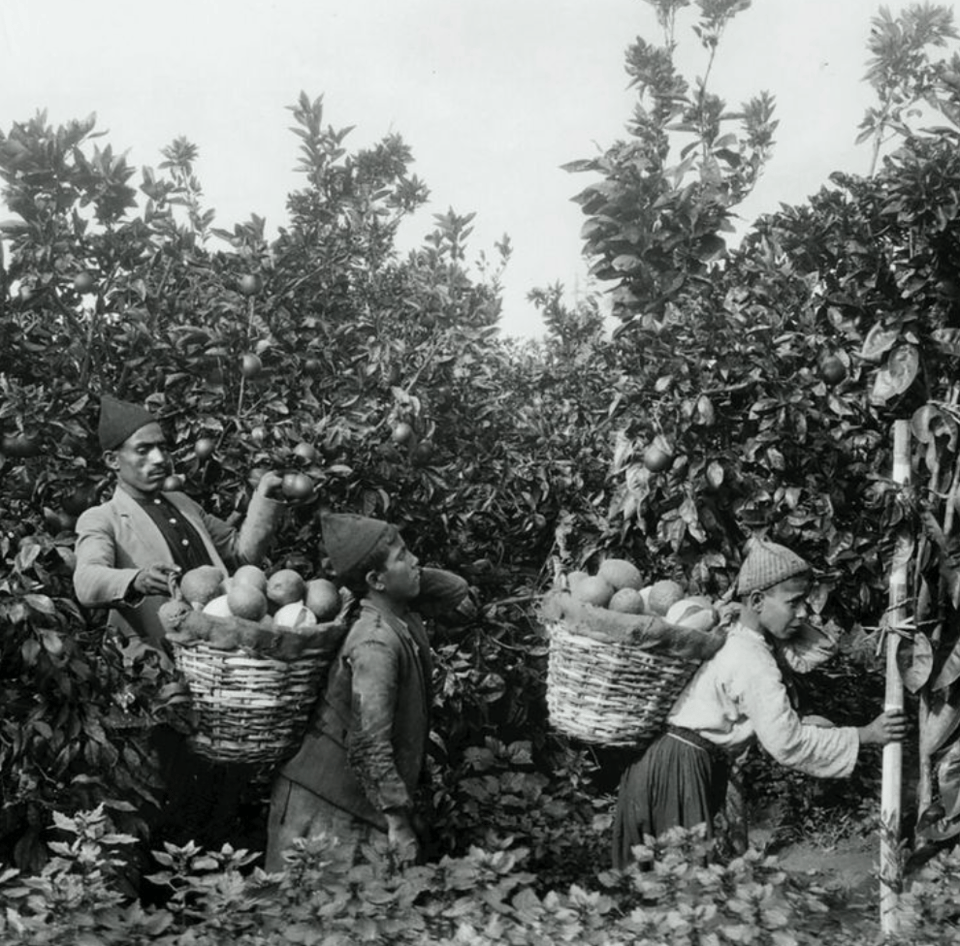
At the creation of the state of Israel in 1948, more than 700,000 people - about 75% of the Arab population in pre-Israel Palestine - were forced to flee their land and homes, to make space for the ‘Jewish state’.2 Over 500 Palestinian towns and villages were destroyed. If you’ve read my previous post on the Lavender Boutique Hotel, you remember Abla, whose grandparents were among the 25% of Palestinians who did not leave. They stayed in Haifa, but they lost ownership of their home. How could this be democracy?
Early Zionists described their goal as the colonization of Palestine.
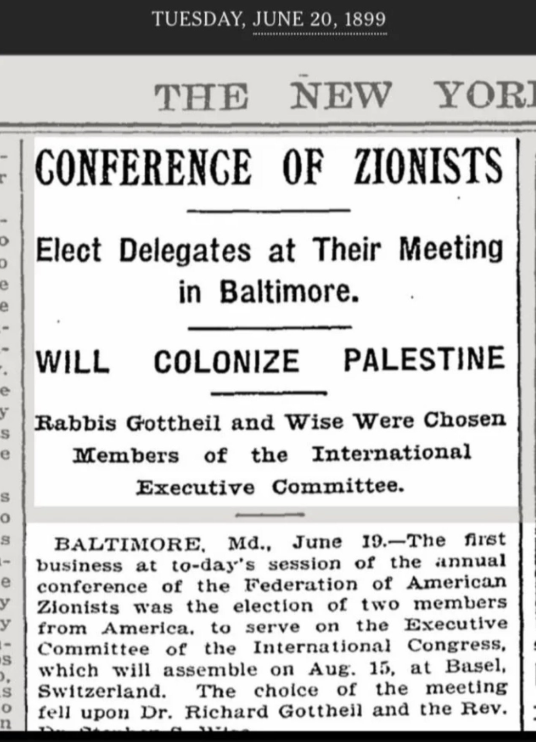
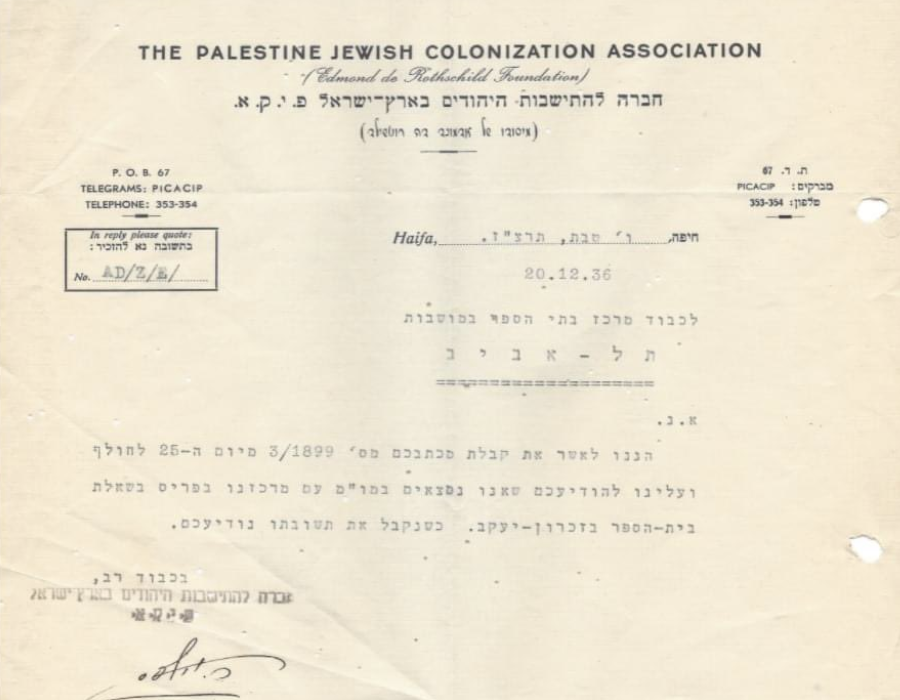
According to the Cambridge dictionary, colonization refers to ‘the act or process of sending people to live in and govern another country’. Colonization usually involves the violent takeover of land, with the expulsion and ongoing oppression of a population. It is unjust. And it will never keep colonizers safe. For many of us, it’s difficult to accept the reality: Israel has not kept Jews safe. It never will.
Since its founding - and until today - Israel has denied millions of people basic rights through forced displacement, collective punishment, theft of land, destruction of homes and property, limitations on movement, arbitrary imprisonment, and discriminatory laws.
We are seeing this at an accelerated pace in Gaza. But this process has been ongoing for decades. Western media doesn’t cover this news much, but even in 2025 (and it’s only February), Israeli forces have displaced more than 40,000 Palestinians in the West Bank alone. In 2024, in the West Bank and East Jerusalem, Israel demolished more than 1,300 homes, and displaced tens of thousands of people. Israel has imprisoned 1 million Palestinians since 1967. 40% of Palestinian men have been jailed - many under a policy called administrative detention, which means there is neither a charge nor a trial. There are many credible reports of torture of Palestinians in Israeli jails. We don’t see this information in US news, but it is the reality that is hidden by false claims that “Israel is the only democracy in the Middle East”.
I was taught that Arabs hated Jews, and that’s why they didn’t want the country of Israel to exist. But this was not true either, and it’s not true today.
My last name is a well-known Jewish surname, so most people here guess that I am Jewish. And I tell them, because it’s an important part of why I am here. NO ONE CARES. Palestinians know that Israel does not represent all Jews. They make a clear distinction between Zionism/Israel on the one hand, and Jewish people on the other. Palestinians’ views about Israel have nothing to do with religion. The problem is that Israel has denied basic rights to Palestinians for decades. The problem is Jewish supremacy, not Jews.
It was painful for me to learn these things. But as the daughter of Holocaust survivors, I feel a special obligation to address the injustices perpetrated in my name, and in the name of Jews worldwide. My Jewish values lead me to condemn all forms of xenophobia and racism, and to struggle to create a more just world.
In the US, we rarely hear Palestinian stories from Palestinians.3 So I have a lot of learning - and unlearning - to do, to set the record straight on all the misinformation I have received. So that’s why I’m here. To learn. Directly from Palestinians, who can speak for themselves. I also love the culture and the people, and of course, the food…
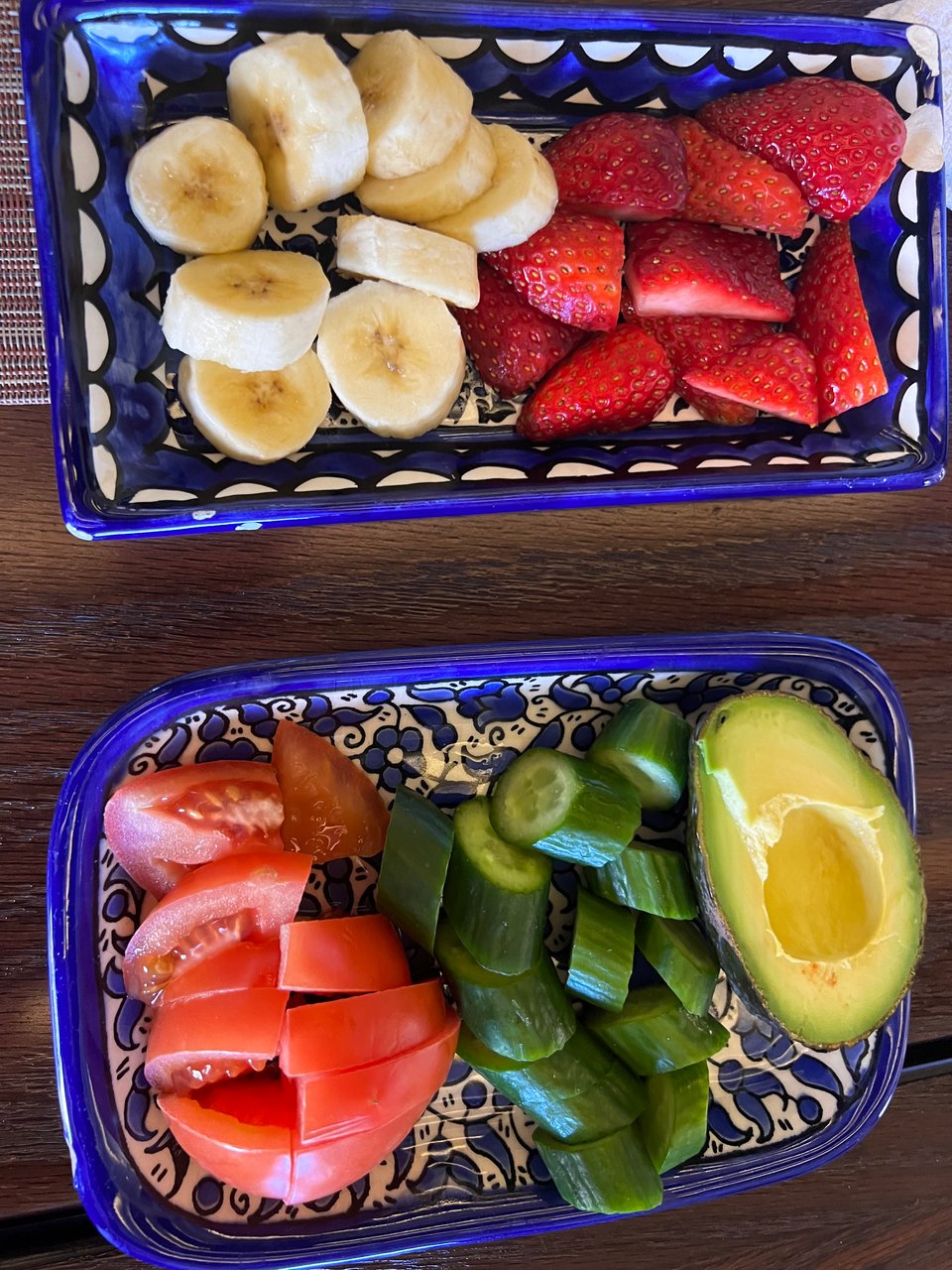
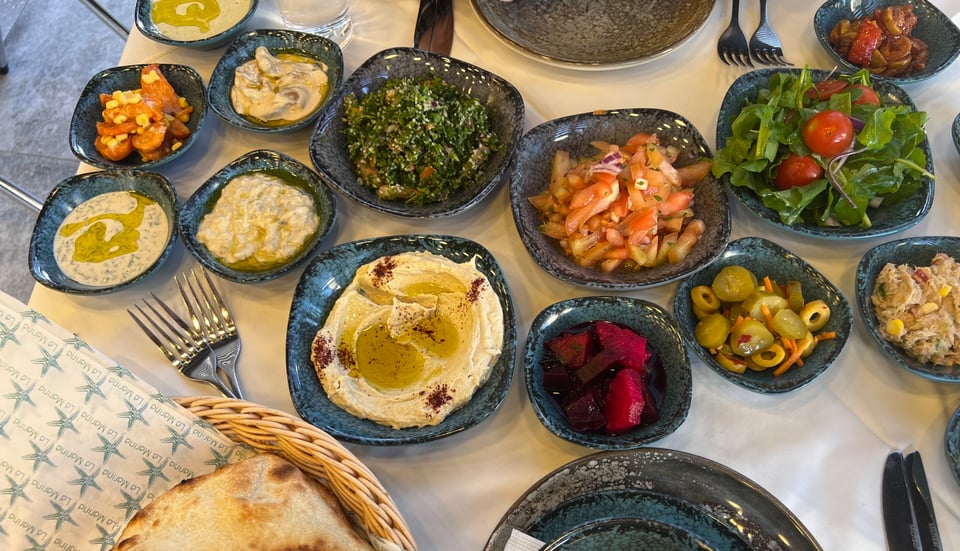
I am here with the hope of a brighter future, in which equality creates justice, safety, and a true peace for everyone.
The next post coming soon will have more photos and the answer to a question many people have asked me: do I feel safe? (Short answer: yes)
Salaam,
Nancy
MORE INFORMATION:
1Book recommendation: Mother of Strangers by Suad Amiry is a beautiful novel about young love set in Jaffa between 1947 and 1951, based on a true story
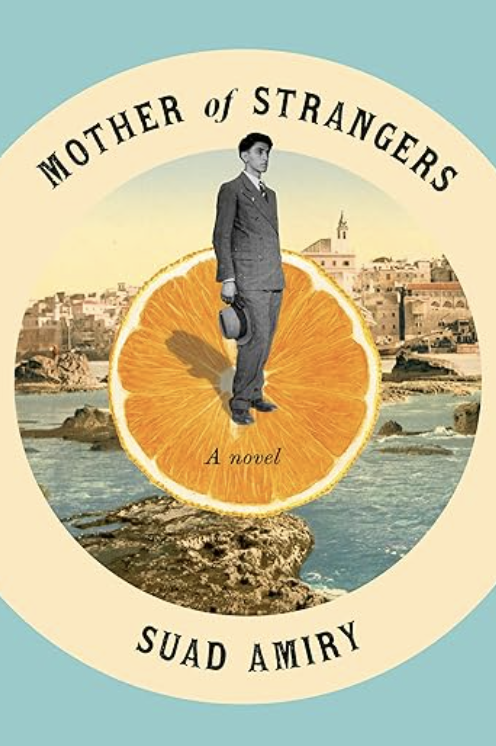
2Coming to grips with the reality of Palestine/Israel is difficult for many American Jews, and this emotional journey is portrayed in the following two films. In My Tree, Jason Sherman goes in search of the tree that was planted in Israel in his honor on the occasion of his bar mitzvah 40 years earlier. The Mondoweiss review notes, “The film embodies how many people feel when they first learn about the human rights violations Israel has committed under the guise of achieving statehood.”
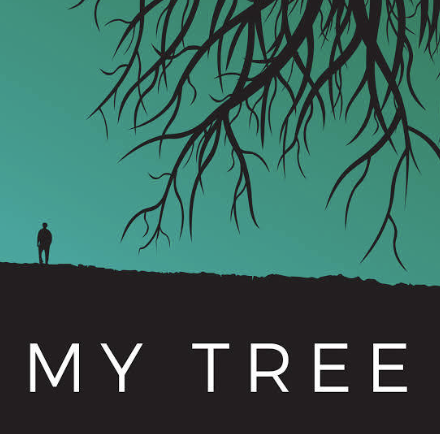
The film Israelism portrays many US Jews’ attachment to Israel, along with the perspectives of young Jews who have changed their views and now support Palestinian rights. Several universities have canceled the screening of this film.
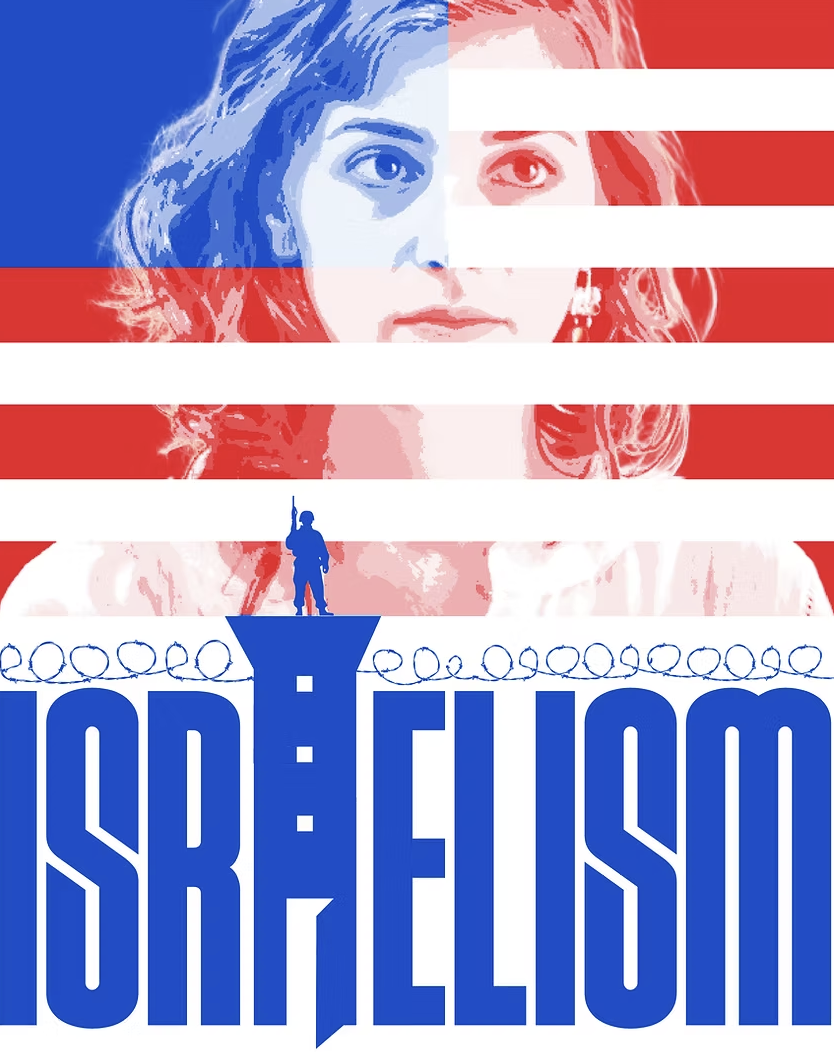
3A recent study of four Sunday morning news shows (NBC’s Meet the Press, ABC’s This Week with George Stephanopoulos, CBS’s Face the Nation, and CNN’s State of the Union) reveals this bias. “With the exception of one interview, the Sunday shows covered and debated the so-called ‘Israel-Hamas war’ for 12 months without speaking to a single Palestinian or Palestinian American.” By contrast, Israeli guests were interviewed over 20 times (Johnson & Ali, 2024). And in a study of the nearly 2500 opinion pieces about Israel/Palestine in The New York Times and the Washington Post from 1970 to 2019, only about 1% were written by Palestinians.